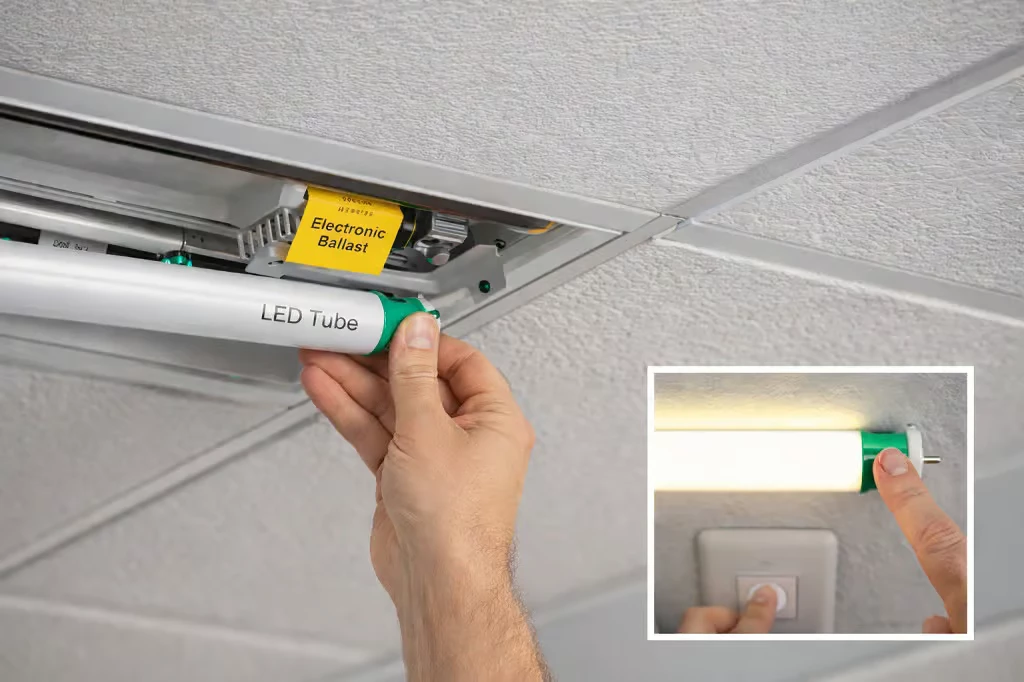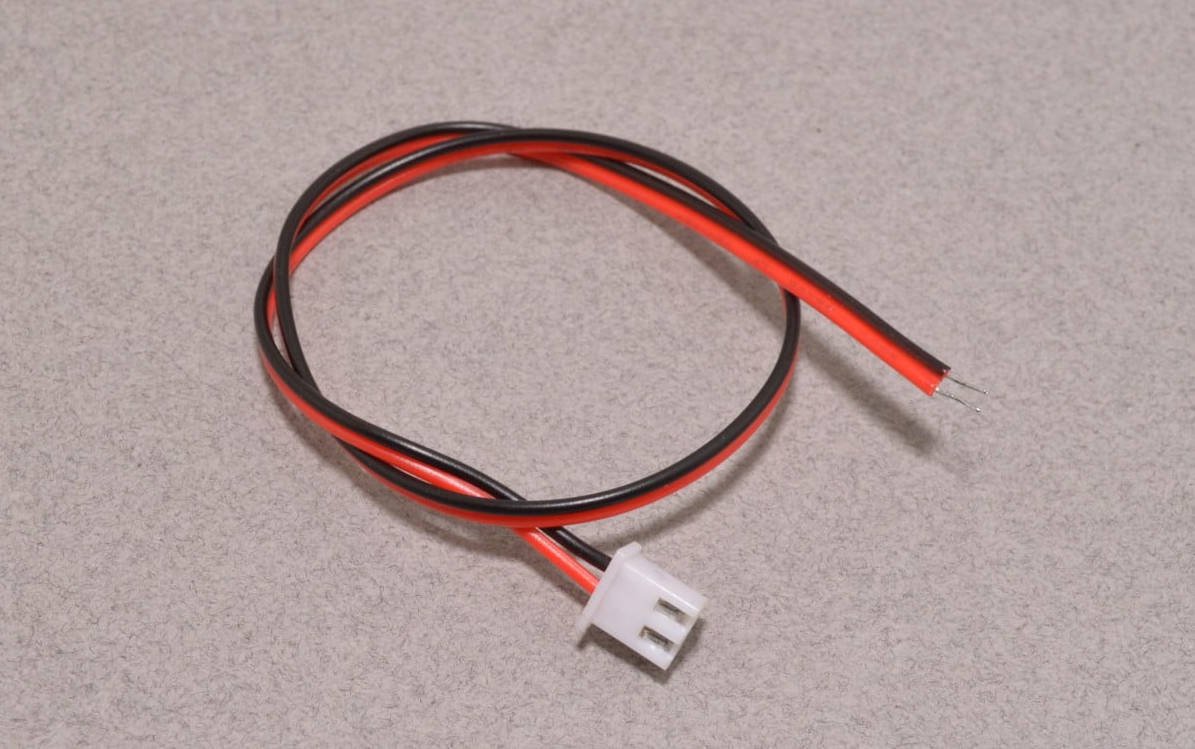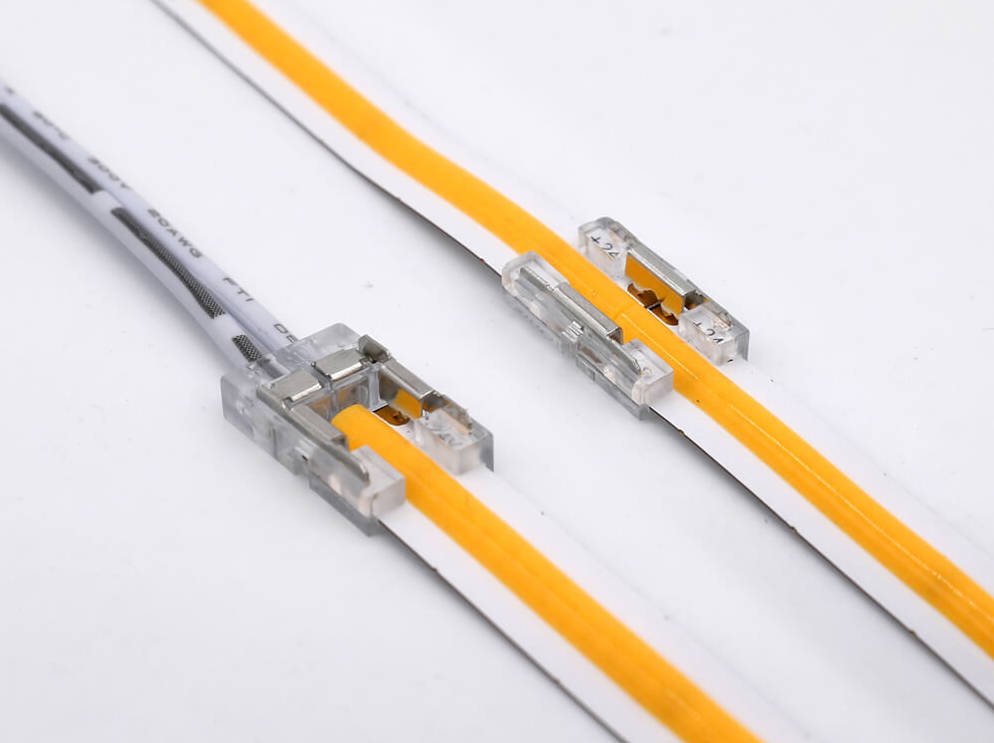Introduction
Wafer Connectors are essential components in a wide range of electronic applications, serving as critical links between various parts of devices. As technology continues to evolve, the demand for reliable and durable connectors has never been higher. This article aims to address how the performance of Wafer Connectors can be tested for reliability and durability, providing valuable insights for users looking to purchase these components.

Understanding Wafer Connectors
Wafer Connectors are designed to facilitate electrical connections in compact spaces, making them ideal for applications in industries such as electronics, automotive, and aerospace. Their unique design allows for efficient signal transmission while minimizing space requirements. As these connectors are integral to device functionality, ensuring their reliability is paramount.
Importance of Testing for Reliability and Durability
The consequences of connector failure can be severe, leading to device malfunctions and potential safety hazards. Therefore, rigorous testing is essential not only for quality assurance but also for instilling user confidence in the products they choose. For those considering purchasing Wafer Connectors, understanding the testing processes can help make informed decisions.
Key Testing Methods for Wafer Connectors
1. Mechanical Testing
Tensile and Compression Tests
Tensile and compression tests are fundamental methods used to assess the mechanical strength of Wafer Connectors. These tests involve applying force to determine how much stress the connectors can withstand before failure occurs. This information is crucial for users who need connectors that can endure high mechanical loads.
Vibration and Shock Tests
Vibration and shock tests simulate real-world conditions that connectors may face during operation. By subjecting Wafer Connectors to various vibration frequencies and shock impacts, manufacturers can evaluate their performance under stress. This testing is particularly important for applications in automotive and aerospace industries, where reliability is critical.
2. Environmental Testing
Thermal Cycling
Thermal cycling tests expose Wafer Connectors to extreme temperature variations, assessing their performance under thermal stress. This process involves repeatedly heating and cooling the connectors to simulate conditions they may encounter in actual use. Understanding how connectors react to thermal cycling helps users select products that will maintain integrity over time.
Humidity and Corrosion Tests
Humidity and corrosion tests evaluate how well Wafer Connectors perform in moist environments. These tests are vital for applications exposed to high humidity or corrosive substances. By ensuring that connectors resist degradation under such conditions, users can enhance the longevity of their devices.
3. Electrical Testing
Insulation Resistance Tests
Insulation resistance tests measure the effectiveness of a connector’s insulation material in preventing electrical leakage. This testing is crucial for ensuring safe operation under stress conditions, particularly in high-voltage applications.
Contact Resistance Tests
Contact resistance tests assess the electrical resistance at the junction points of Wafer Connectors. High contact resistance can lead to signal loss or overheating, making this test essential for maintaining signal integrity in electronic devices.
4. Advanced Testing Techniques
X-Ray and Microscopy Analysis
Advanced techniques such as X-ray imaging and microscopy analysis allow manufacturers to identify potential defects in Wafer Connectors during production. These methods provide insights into internal structures that may affect performance, ensuring that only high-quality connectors reach the market.
Finite Element Analysis (FEA)
Finite Element Analysis (FEA) is a simulation technique used to predict how Wafer Connectors will respond to various stresses and strains during operation. This predictive analysis helps manufacturers optimize designs before physical testing begins.
Standards and Certifications
Adhering to industry standards is crucial when evaluating the reliability of Wafer Connectors. Various organizations set forth guidelines that manufacturers must follow to ensure product quality. Certifications from recognized bodies not only enhance credibility but also assure users that they are purchasing reliable components from reputable Wafer Connectors suppliers.
Best Practices for Users When Selecting Wafer Connectors
When selecting Wafer Connectors, users should consider several factors based on testing results:
- Application Environment: Understand the environmental conditions where the connectors will be used.
- Expected Lifespan: Choose connectors that have been rigorously tested for durability.
- Supplier Reputation: Opt for established Wafer Connectors factories known for adhering to strict testing protocols.
By prioritizing these aspects, users can make informed decisions that enhance the reliability of their electronic devices.
Conclusion
In conclusion, thorough testing of Wafer Connectors is vital for ensuring their reliability and durability in various applications. Understanding the different testing methods available empowers users to make informed purchasing decisions, ultimately leading to enhanced device performance and user satisfaction. When considering your next purchase of Wafer Connectors, prioritize suppliers who demonstrate a commitment to rigorous testing standards—your devices will thank you! Feel free to let me know when you want me to continue or if you have any specific requests!



